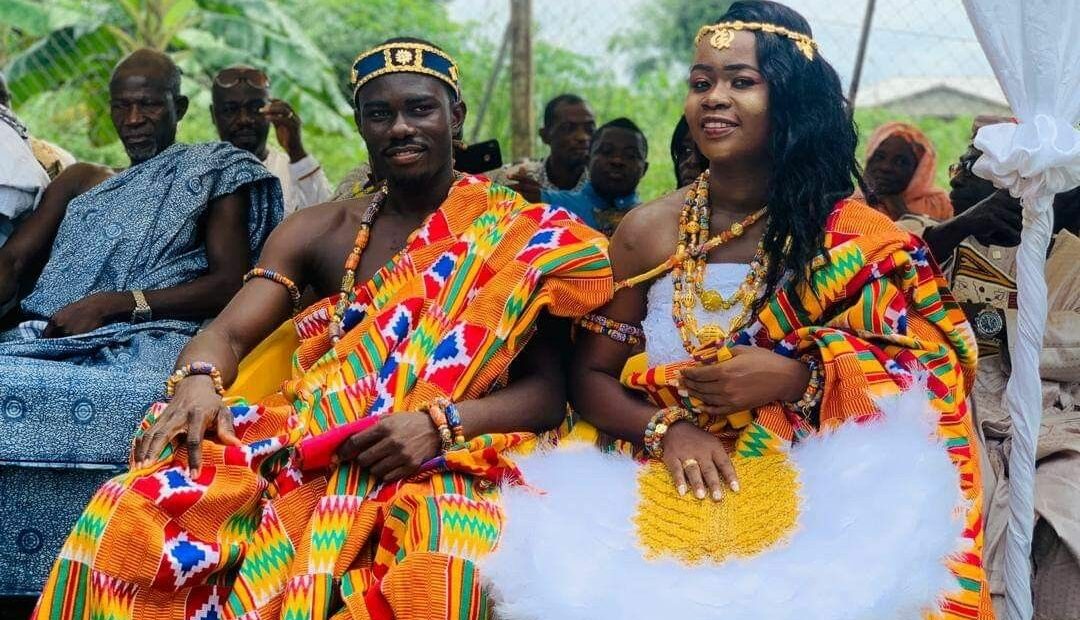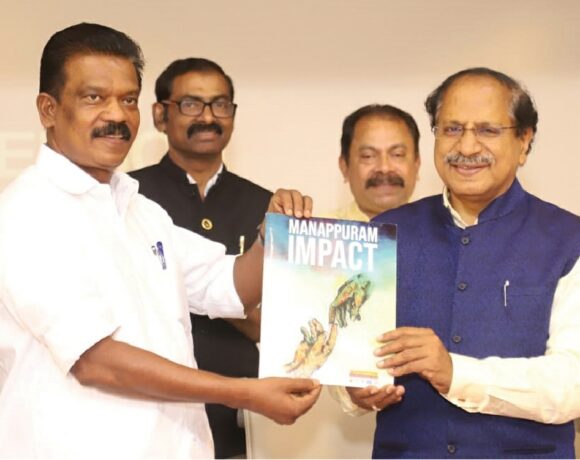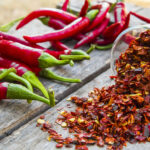Exploring the Fascinating Wedding Traditions Among South African Communities

Weddings are joyous celebrations that bring together families and friends, and South Africa is a country renowned for its rich cultural diversity. Within its borders, you’ll find a tapestry of fascinating wedding traditions practiced by various communities. From vibrant ceremonies to unique rituals, these customs showcase the deep-rooted traditions and values cherished by South Africans. In this blog post, we will delve into some of the captivating wedding traditions among South African communities that make each celebration truly memorable.
- Zulu Wedding Traditions: The Zulu people, one of the largest ethnic groups in South Africa, have a vibrant and intricate wedding culture. One notable custom is the “Ukuthwala” ceremony, where the groom’s family formally requests the bride’s family for her hand in marriage. The bride’s family often negotiates lobola, a bride price, which demonstrates the groom’s commitment to taking care of his future wife. Zulu weddings are characterized by vibrant attire, energetic dancing, and the iconic Zulu wedding song, known as “Umabo.”
- Xhosa Wedding Traditions: The Xhosa community, known for their unique cultural practices, has captivating wedding traditions. The ceremony usually begins with the “Ukutwala” or “abduction” ritual, where the groom’s family arrives at the bride’s home to negotiate lobola. The bride is hidden, and the groom must find her to prove his determination to marry her. Xhosa weddings feature traditional attire, such as the “isiXhosa” dress for the bride and “imibhaco” for the groom. Traditional dances, like the “Umngqungqo” and “Umrhubhe,” add a lively element to the festivities.
- Sotho Wedding Traditions: The Sotho people, hailing from the Basotho nation, have their own captivating wedding customs. One popular tradition is the “Hoba” ceremony, where the groom’s family visits the bride’s home to negotiate lobola. The bride’s family welcomes the groom’s family with song and dance, emphasizing unity and respect. Sotho brides often wear colorful blankets, known as “seana marena,” symbolizing their transition into married life. The “Dinaka” dance, performed at weddings, showcases the vibrant cultural heritage of the Sotho people.
- Ndebele Wedding Traditions: The Ndebele community is famous for their distinctive artistry and intricate beadwork, which are also prominent features in their wedding traditions. Ndebele weddings are marked by vibrant attire, including the iconic neck rings worn by married women. The bride’s family prepares a ceremonial hut where the couple will stay after the wedding. The ceremony features lively dancing, singing, and the “uMabo” ritual, where the bride’s family offers gifts to the groom’s family as a gesture of acceptance and unity.
- Cape Malay Wedding Traditions: The Cape Malay community, descendants of slaves and exiles from Southeast Asia, have a unique blend of Islamic and Malay traditions in their weddings. The ceremonies are influenced by Islamic customs, such as the “Nikah” or marriage contract, and the “Mahr” or dowry. Cape Malay weddings are characterized by vibrant colors, delicious cuisine, and traditional music and dance, creating a festive atmosphere that reflects the community’s rich heritage.
South Africa’s diverse communities each have their own distinct wedding traditions that reflect their cultural heritage and values. From the vibrant ceremonies of the Zulu and Xhosa communities to the artistic flair of the Ndebele and the fusion of Islamic and Malay customs among the Cape Malay, these wedding traditions showcase the beauty and richness of South Africa’s cultural tapestry. By embracing and preserving these customs, South Africans ensure that their weddings are not just joyous occasions but also a celebration of their collective identity and heritage.
Picture Courtesy: Google/images are subject to copyright








